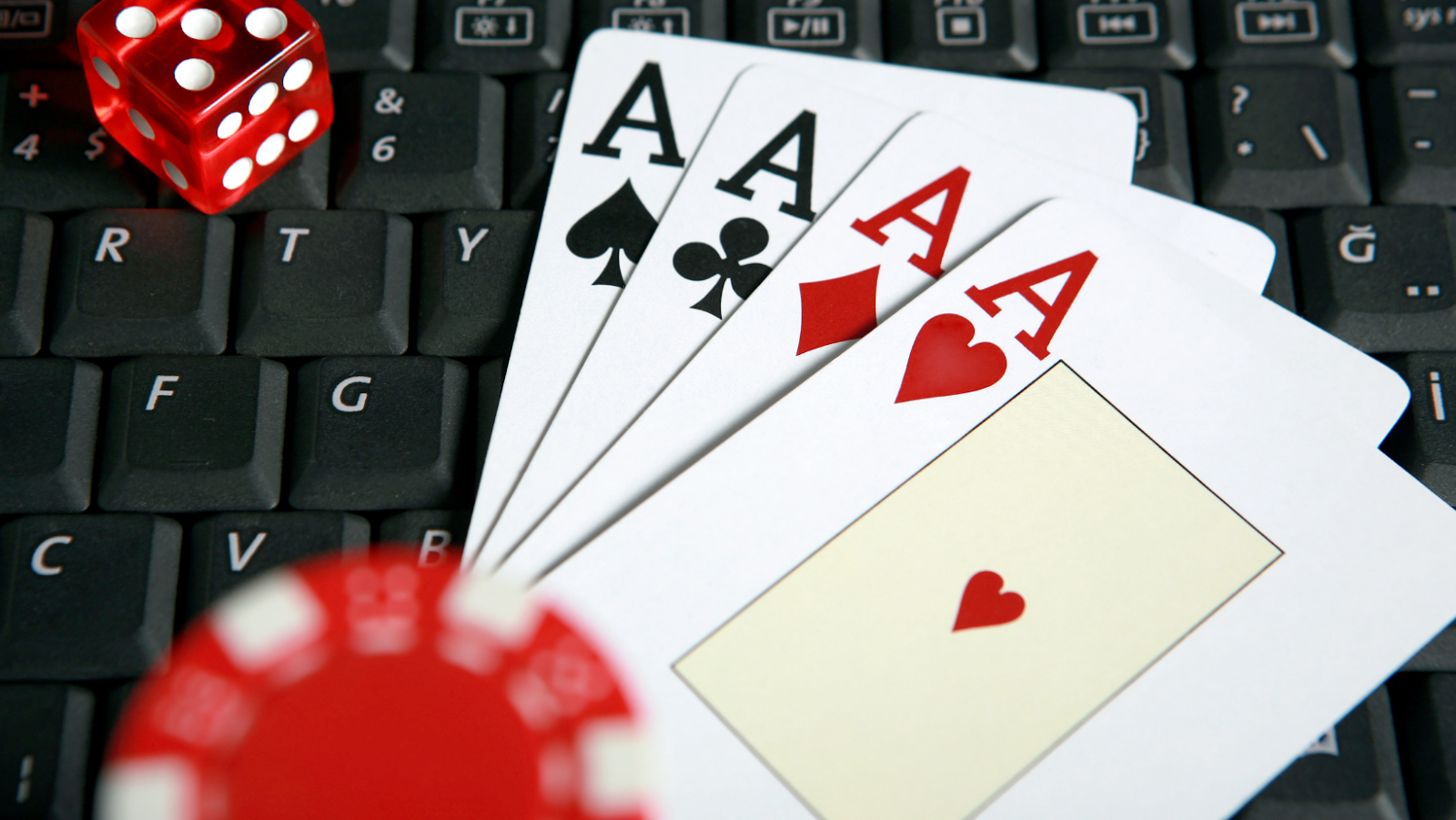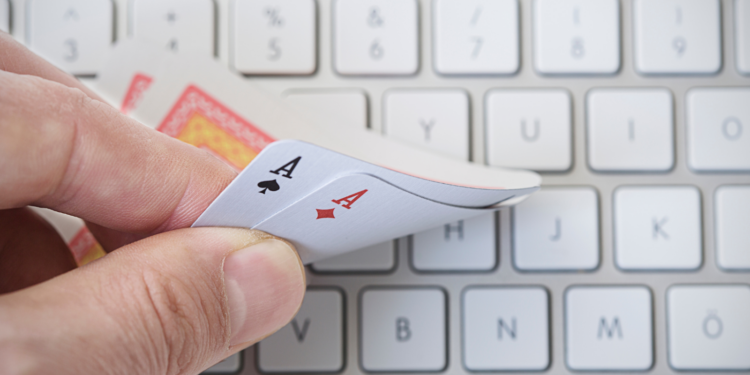Poker is a trendy hobby. Of course, this has always been the case, but since the pandemic’s beginning, many have embraced the game as a safe and simple way to hang out with friends online (or sometimes make some money from strangers).
This is all well and good, but before you jump to playing online, it’s wise to take some precautions. As we all know, the internet is full of hackers and scammers trying to get your personal information and access your finances. Unfortunately, gaming can be a particularly vulnerable space. A recent report from Transunion found that between 2020 and 2021, cyber fraud attempts in the gaming industry increased by 393% (and 261.9% in the U.S. specifically). These attacks can vary but usually involve phishing and attempts to steal credit card numbers.
There is reason to practice the utmost caution when you get into online poker. To an extent, this means maintaining due diligence and guarding your information. But there are also some specific steps to be safe with your online poker hobby.

1. Install Antivirus Software
One of the critical elements of online security in any field is protecting your accounts from hackers, which means you must rely on trustworthy antivirus software, such as McAfee or Norton. This software is there to protect you from the threats posed by malware, viruses, spyware, and other similar threats, which often open the door to hackers by stealing passwords and login information. The truth is that it’s wise to invest in this form of protection no matter what you’re doing on your computer. But a regular poker hobby is one more reason to give your antivirus software some careful consideration and make sure you have a service you trust to protect you.
2. Find a Reputable Website
Arguably the first concern you should have when beginning to play real poker online is picking a safe and secure site. This can be done by checking the site’s safety credentials, usually available before you sign up. Are they covered by certificates such as eCOGRA? When you do sign up to start playing, you will need to create an account that includes personal information such as your name, date of birth, and usually even your social security number. And once you’re up and playing, you’ll be depositing cash to play with –– which typically means setting up a credit card for payments and withdrawals. Naturally, you won’t want to do any of these things on a site that is not established or reputable. So for your own security, take the time to research your options, read evaluations, and ensure that you’re playing on a solid platform.
3. Verify the Company’s Location
Determining where a company is located is an extension of assessing a site’s quality, but one that should be considered as its own point. The growing popularity of online gambling in the last few years has led to the emergence of countless websites and apps that allow players from all around the world to play. However, what at first may seem like an advantage has quickly turned into a way for off-shore casinos to compete unfairly with more respected platforms –– sometimes luring players with seemingly attractive bonuses and payout potential. The issue with this is that legitimate online casinos in the U.S. (and some other parts of the world) have to follow strict requirements and adhere to established regulations in order to protect players. But casinos that work from tax haven countries don’t have to hold themselves accountable, and can thus do things like allow unfair play or deny players rightful winnings without facing penalties.

4. Check the Payment Methods
A good way to tell if a poker platform is respected is to see how financial institutions treat it. A reliable company that enforces fair play, pays out players’ winnings, and maintains its own finances responsibly will tend to support widely known, accepted forms of payment –– like Visa and Mastercard credit cards. Other sites, meanwhile, might highlight obscure third-party payment processors, or even cryptocurrencies. These aren’t necessarily indications that a site shouldn’t be trusted –– though crypto casinos have been associated with online scams of late. Basically, crypto gaming sites have been accused of paying popular Twitch streamers massive amounts of money to stream (and thus popularize) casino games, in turn driving people to purchase crypto and make deposits on the sites, which are poorly regulated at best. Again, this isn’t happening at all casinos that accept crypto, but it does speak to why unorthodox payment options can be red flags.
5. Differentiate Between Pros and Scammers
Professional poker players tend to enjoy talking about tips and strategies. Legendary World Series of Poker competitor Daniel Negreanu, for instance, has a YouTube on which he explains some of the principles of poker and comments on current tournaments. But it’s also very common to find ordinary people sharing videos of themselves winning amazing prizes at casino sites. Certainly, some of these wins are legitimate. But if a non-professional player appears to win large prizes too often on a given platform, chances are they’re acting similarly to the aforementioned Twitch streamers, and are essentially being used to attract players to less-reputable platforms. It is thus important to learn to differentiate between professional tips and commentary, and shady, disguised advertisements.
Follow these tips and maintain general vigilance, and you’ll be in good shape to enjoy your poker hobby safely.




















